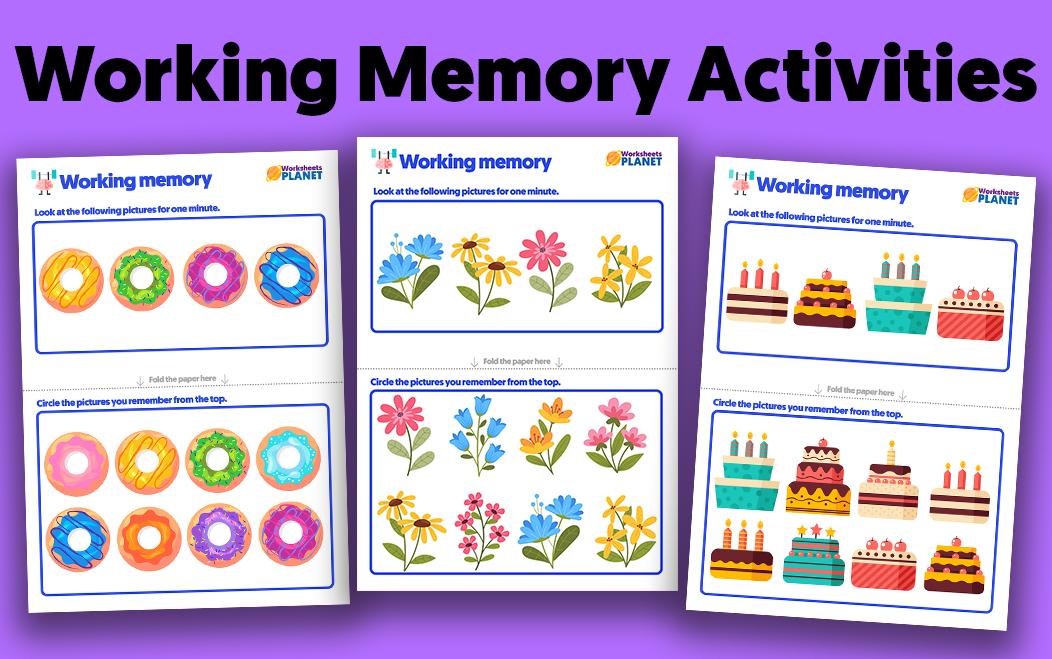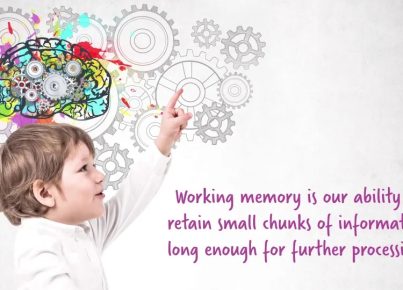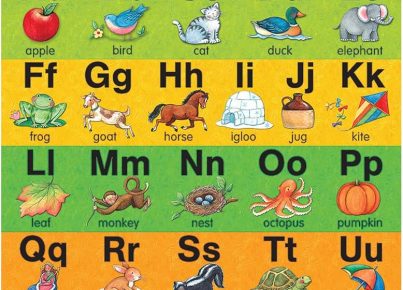Working memory plays a crucial role in how children learn and interact with the world around them. It’s a part of short-term memory that allows us to hold and manipulate information over brief periods. This cognitive skill is essential for tasks such as following instructions, solving problems, and learning new concepts.
Importance of Working Memory in Children’s Development
Good working memory skills can help kids perform better in school and improve their learning experiences. Activities that enhance working memory can contribute to better focus, higher confidence levels, and improved academic performance.
Strategies to Support Working Memory
– Chunking Information: Breaking down information into smaller units can make it more manageable for kids.
– Repetition: Repetition strengthens memory traces by reinforcing the neural pathways.
– Visual Aids: Visuals can help children remember information by attaching it to images.
– Mnemonic Devices: Techniques like acronyms or rhymes aid memory retention.
Printable Resources and Activities to Improve Working Memory
– Memory Match Games: Create your own themed memory match games with simple printed cards.
– Checklists and Planners: Help kids plan and track their activities with personalized planners.
– Picture Sequencing: Use printable sequencing cards to create a story or describe a process.
– Graphic Organizers: Mind maps and concept charts are great tools for visual learners.
Engaging Activities Beyond Printables
1. Simon Says: This classic game challenges kids to remember and replicate sequences of actions.
2. Storytelling Rounds: Each child adds a sentence to a story-in-the-making, recalling what was said before.
3. Backward Spelling: Have children spell words backwards to enhance their mental manipulation skills.
4. ‘I Packed My Bag’ Game: A cumulative game where each child must remember all items ‘packed’ before adding their own.
In conclusion, working memory is a foundational skill important for learning and development in children. Incorporating both printable resources and engaging activities into daily routines can make substantial improvements in children’s cognitive abilities. Parents and educators should utilize these strategies to promote fun while learning and ensure kids have the support they need to thrive academically.
[Note: Printable resources mentioned are conceptual for this article framework; actual resources would need to be created or sourced accordingly.]





